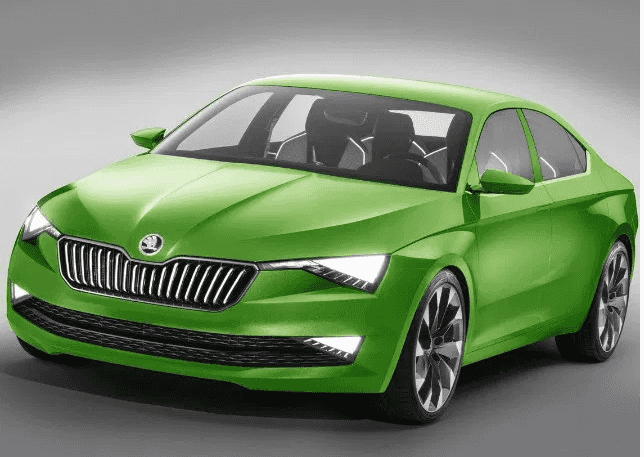SPONSORED CONTENT
Hybrid cars, vehicles using multiple means of propulsion like a diesel engine or a petrol engine paired with an electric engine, minimize the carbon footprint. And hybrid cars are being popularized increasingly by the Indian government.
Hybrid cars are economically and environmentally friendly. Some of these cars are on the road, while a few haven’t debuted. Here’s a look at the pending new hybrid cars in India.
Skoda Superb Plug-In Hybrid

The Skoda Superb Plug-In Hybrid is among the cars soon available in the Indian marketplace.
The Skoda Superb Plug-in Hybrid will make its debut in 2019 and is a much-anticipated upcoming car in India. It’s believed the vehicle will derive its power from the 1.4-litre, turbocharged petrol engine, paired with an electric motor. Both of these will come integrated with a DSG transmission.
The electric motor can solely power the car to run up to 70 km on the Indian road. The petrol powertrain might offer 154 bhp and the electric motor might generate 114 bhp.
With the two combined, Skoda Superb Plug-in Hybrid would produce around 215 bhp power.
Maruti Suzuki Swift

The Maruti Suzuki Swift will be available soon in the automotive marketplace in India.
Although it’s made several appearances at multiple Auto Expo shows, the launch date of Maruti Suzuki Swift Hybrid is tentative. This variant of Maruti Suzuki delivers 32 kpl in Japan, while the petrol variant offers merely 22.6 kp.
The Suzuki Swift Hybrid is currently fed by a 10kW electric spur from its 100V system. In the series hybrid mode, the petrol mill serves as a generator to power the lithium-ion battery, which eventually powers the electric motor. In the parallel mode, the car is powered by both the petrol and electric motors. The Indian model might deliver 19 kpl fuel economy. The price might range between Rs 7 -8 lakhs.
Honda Accord (10th generation)
The 10th generation Honda Accord recently had its world premiere in Detroit. It comes equipped with two turbocharged petrol engines mated to an upgraded hybrid powertrain. It may be available in India in 2019.
The current model from the ninth generation Honda Accord is also a hybrid. While this model comes with a two-motor system generating 212 bhp power, the other 2.0-litre petrol engine produces a power of 143 bhp. In addition to these, the electric motor offers an extra 182 bhp power. The ninth generation model is available at around Rs. 43 lakhs. The launch date and exact configuration of these models have not been released. A petrol/diesel engine working in conjunction with an electric motor can definitely offer versatility and desired performance. They deliver additional auxiliary power. And they fulfill the biggest cause by keeping the carbon emission from conventional ICEs (internal combustion engine) under check.
Article Last Updated: May 26, 2018.

